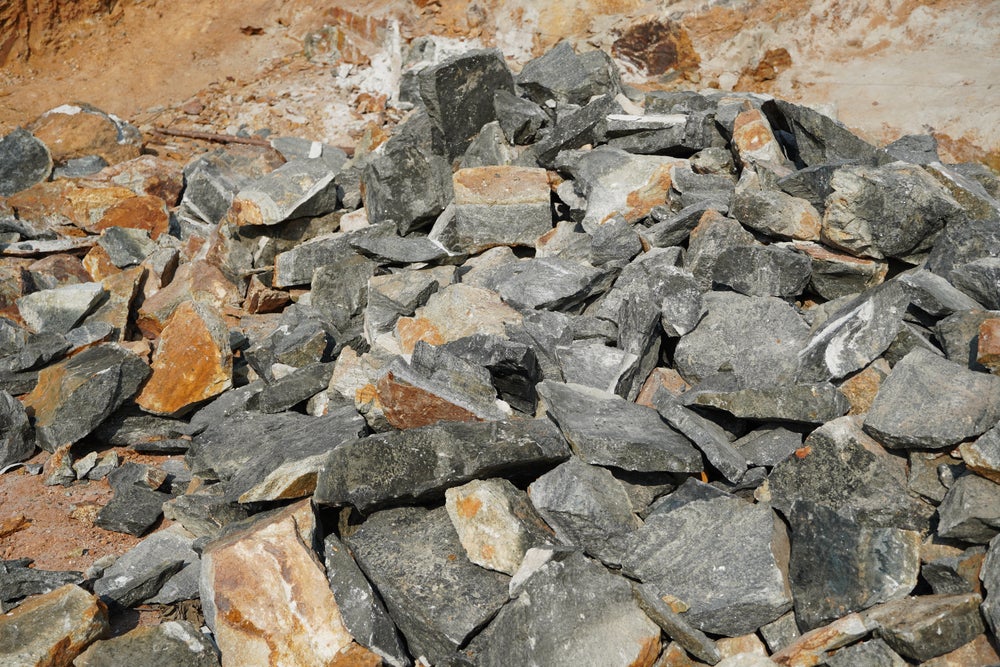
A UK project has announced the first production of lithium carbonate – a raw material used for battery cells.
Li4UK, a government-backed initiative that is aiming to secure a domestic lithium supply chain for Britain, has successfully produced high purity lithium from two UK sources – one from Cornish Lithium Ltd’s (CLL) Trelavour project site in Cornwall and another from Scotland.
Lithium is essential for all existing and near-term commercial electric vehicle battery technologies and is considered the “gateway element” to a zero-carbon future – making it vital that the UK supply chain focuses on sourcing lithium in a secure, sustainable manner to support its battery manufacturing and zero-carbon ambitions.
UK consortium conducted 18-month project in pursuit of lithium production
The Li4UK consortium, which is comprised of CCL, mining consultancy firm Wardell Armstrong International Limited (WAI) and the Natural History Museum (NHM), conducted an 18-month project to achieve the production of lithium carbonate.
NHM research leader Reimar Seltmann said: “These two samples represent the first known production of lithium carbonate from UK hard rock sources and hence are of great importance for the UK economy.
“The consortium believes that the positive results from this project will accelerate the development of a domestic supply of battery-quality lithium chemicals for the UK automotive and battery industries, and the consequent economic value that such industries would generate.”
The Li4UK project was commissioned to assess the feasibility of producing battery quality lithium from UK sources and to evaluate the potential for building a critical new industry for Britain.
Currently, the majority of the world’s lithium is produced in South America and Australia, before it is then shipped to China for processing into lithium chemicals for the manufacture of lithium-ion batteries.
Li4UK claims such production has a high associated carbon footprint and also means battery manufacturers worldwide are “heavily reliant” on China for a metal that is fundamental to the energy transition towards a green economy. There is currently no commercial production of battery-quality lithium in the whole of Europe.
An important conclusion of the consortium’s study is that Cornwall was identified as the most promising area for a “future lithium extraction and production industry”.
It found that the area currently ranks as one of the most economically-deprived regions in Europe and it is therefore expected that the development of lithium resources in Cornwall will represent a “significant boost” to economic activity and regional productivity.
The group believes the results of the Li4UK study could be “instrumental” in delivering potentially transformative industrial activity to the region.






